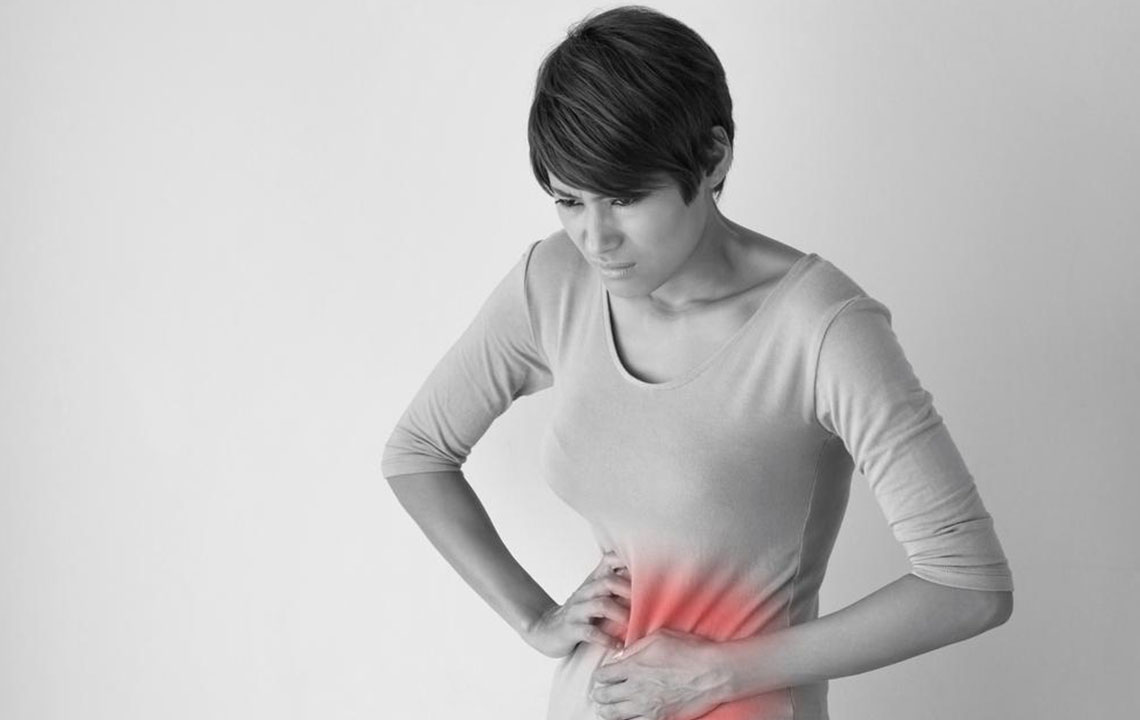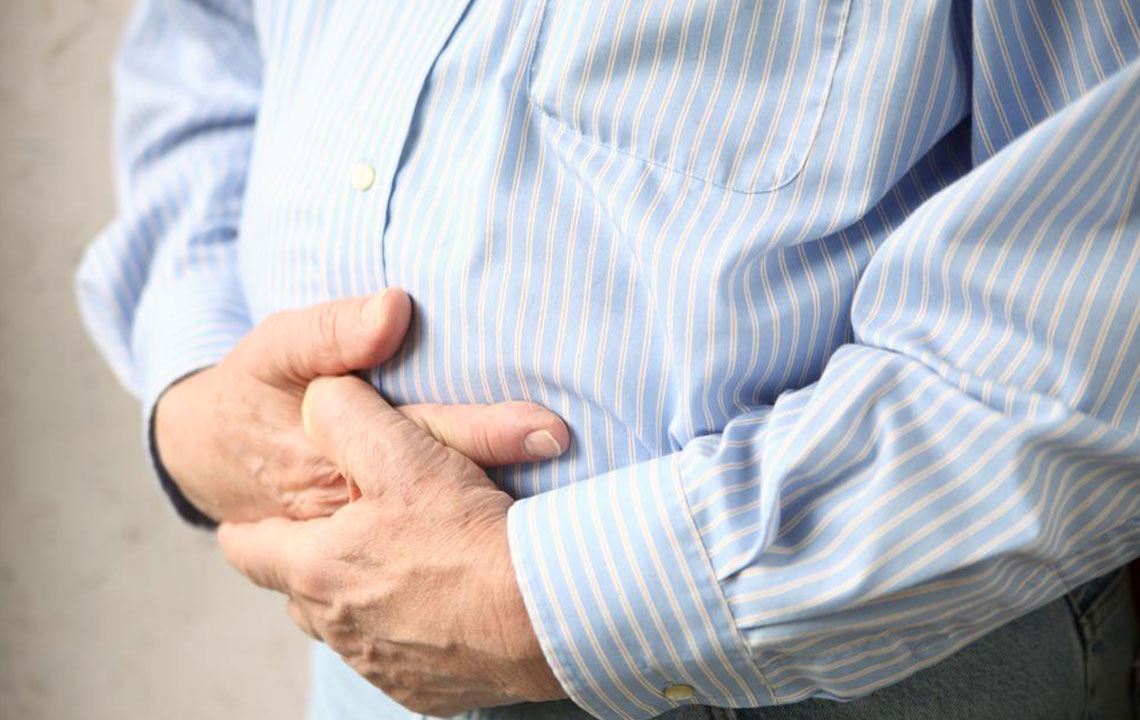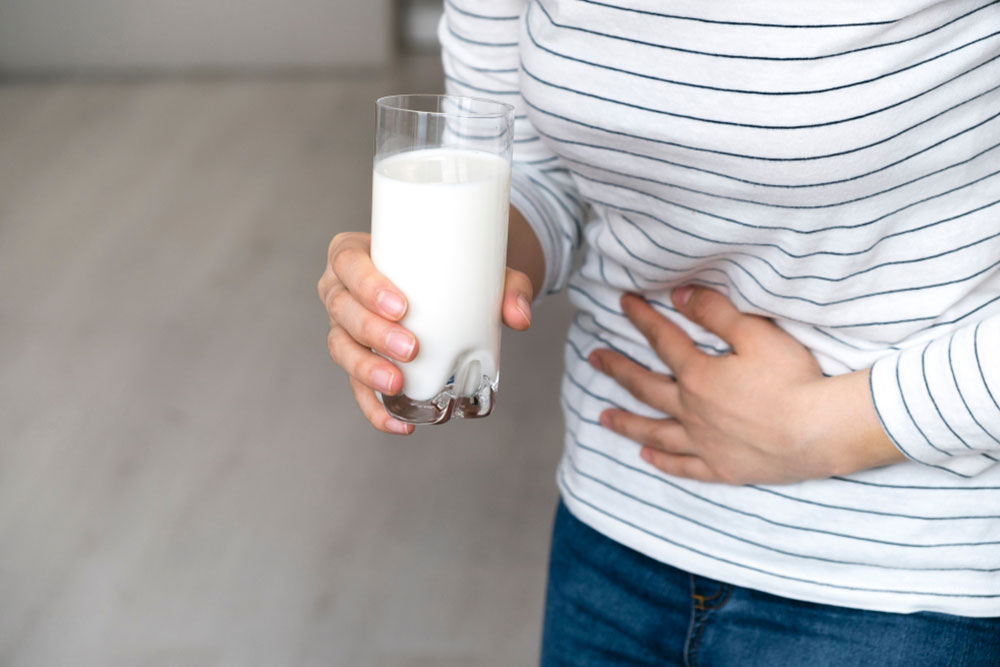Effective Strategies for Relieving Constipation
Discover practical and safe techniques to combat constipation, including dietary tips, lifestyle changes, and medication options. Learn how fiber intake, hydration, exercise, and proper bathroom routines can improve bowel health. When necessary, consult healthcare professionals for appropriate laxatives or treatments to relieve persistent symptoms and enhance digestive wellness.
Sponsored

Constipation is characterized by infrequent or difficult bowel movements, primarily caused by dry stools due to excessive water absorption in the intestines. This condition is defined as having fewer than three bowel movements weekly, according to the National Digestive Diseases Information Clearinghouse, part of the NIH. Hard, small, and dry stools make defecation uncomfortable. Everyone's digestive rhythm varies; some go daily, others less frequently.
Most cases resolve without treatment; however, persistent symptoms may require intervention. Simple lifestyle changes can effectively alleviate constipation.
Incorporating fiber-rich foods into your diet is a key remedy. Increasing fiber intake bulks up and softens stools, easing passage through the intestines. Aim for 20-35 grams of fiber daily, gradually reaching the target amount.
Good sources of fiber include:
Whole grains
Bran
Brown rice, fortified cereals, and bread
Fresh fruits such as apples and bananas
Fruits high in water content, like watermelons, and dried fruits such as apricots, prunes, and raisins, are beneficial. Vegetables like carrots, Brussels sprouts, and asparagus, along with beans, also help promote regularity.
Proper hydration is essential; drinking enough water prevents stool hardening. Regular physical activity, including brisk walking, encourages bowel movements.
Avoid foods low in fiber, high in fats, processed foods, cheese, dairy, and meats, which can worsen constipation.
Follow these steps to improve bowel health:
Engage in gentle exercises like daily short walks, gradually increasing duration.
Consume ample fluids such as water, herbal teas, and cucumber or ginger-infused water.
Avoid alcohol and beverages that cause dehydration.
Consult a healthcare provider for personalized fluid intake recommendations.
Increase intake of high-fiber foods, vegetables, and fruits. Starting your day with cereal or bran muffins and having fruit snacks mid-day can help.
Create a consistent bathroom routine at a stress-free time, supporting a natural urge to defecate.
Support your feet with a stool while on the toilet to mimic a squatting position, easing bowel movement.
If symptoms persist, additional measures may include fiber supplements like Psyllium or Citrucel, rectal glycerin suppositories, or laxatives under medical supervision.
Types of laxatives include:
Bulk-forming laxatives such as Metamucil and Citrucel, which should be taken with plenty of water and are suitable for daily use. They soften stool and increase size but can cause cramps if not taken with enough fluids.
Saline laxatives, like Milk of Magnesia, draw water into the stool to promote softer, easier passing stools.
Lubricant laxatives coat the stool for easier passage, e.g., Fleet lubricants.
Osmotic laxatives, including PEG-based solutions, retain water in the gut, softening stool. Use with caution in diabetics to avoid electrolyte imbalances.
Stimulant laxatives such as Senna or Bisacodyl accelerate bowel movements but should be used sparingly to prevent dependency.
Stool softeners facilitate easier defecation by adding moisture to stool, recommended in postoperative or postpartum cases.
Enemas are generally a last resort and should be used under medical guidance.
By adopting these practices, you can effectively prevent and manage constipation, promoting a healthier digestive system and overall well-being.






